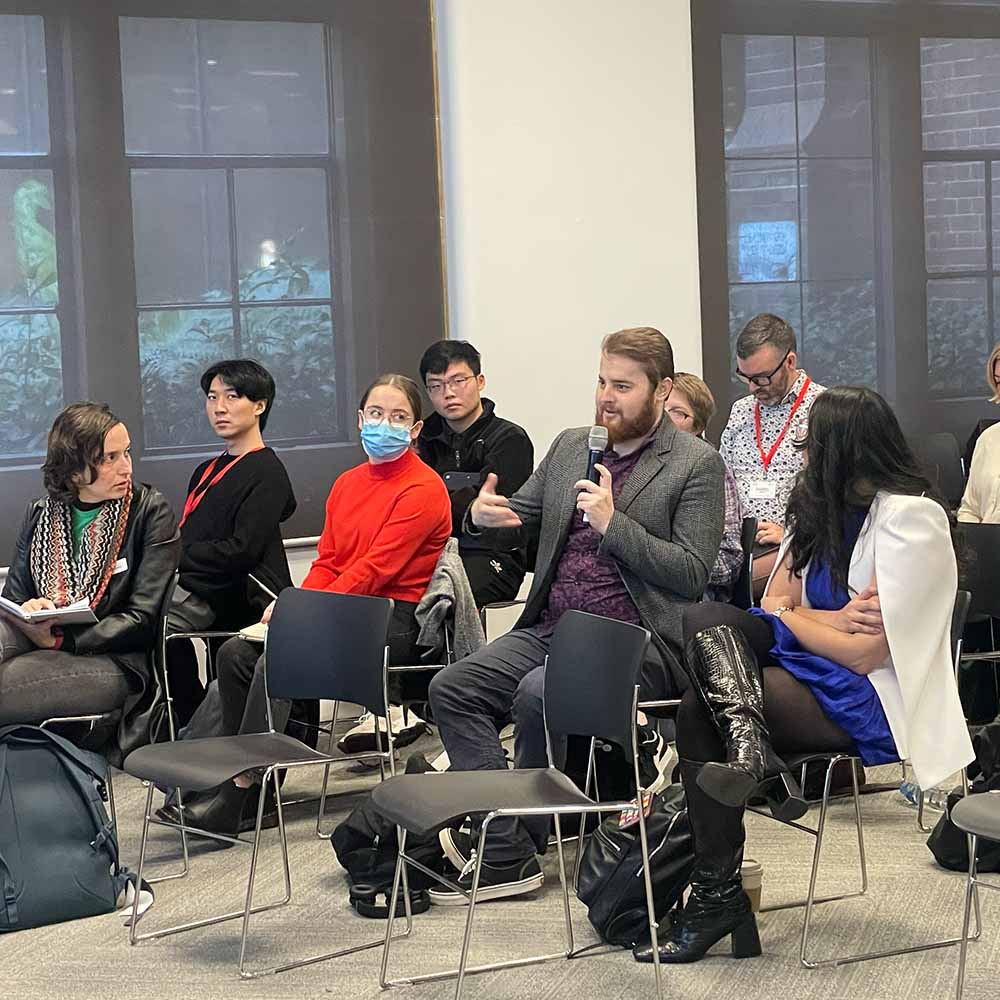The Summer Institute in Computational Social Science (SICSS-Sydney) is a two-week-long interdisciplinary training/research program created to train the next generation of social science researchers and incubate cutting-edge research across disciplinary boundaries.
Since its 2017 inception at Princeton, Summer Institute in Computational Social Science has delivered state-of-the-art presentations and workshops to more than 700 early-career researchers internationally, providing them with an opportunity to develop research collaborations across disciplines and join a growing pool of alumni connecting premier institutions worldwide. Each year, SICSS is hosted at more than 20 locations, including the University College London, University of Oxford, University of Chicago, Princeton, UCLA, ETH Zurich, as well as at other institutions in Tokyo, Istanbul, Moscow, Hong Kong, Singapore and Helsinki. The University of Sydney first from among the Australian universities to join a prominent international network of universities involved in offering state-of-the-art research training to PhD students and early career researchers in this emerging field.
In 2022, SICSS-Sydney was hosted at the Sydney Social Sciences and Humanities Advanced Research Centre (SSSHARC), where it brought together 19 postgraduate students and ECRs interested in computational social science, i.e. using computational tools from data science and statistics to advance social science research. SICSS was co-funded by SSSHARC, CSIRO Data61 and the Academy of the Social Sciences in Australia. There was no cost for attending SICSS for selected participants.
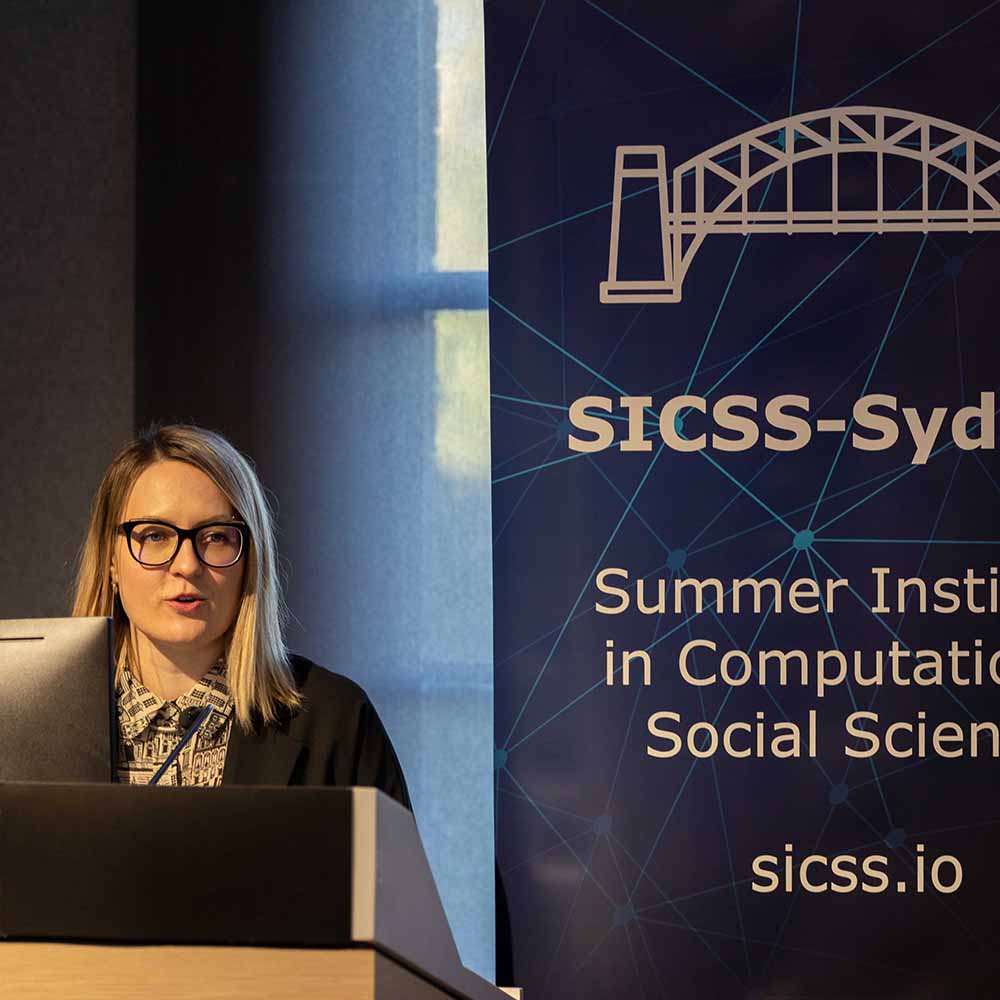
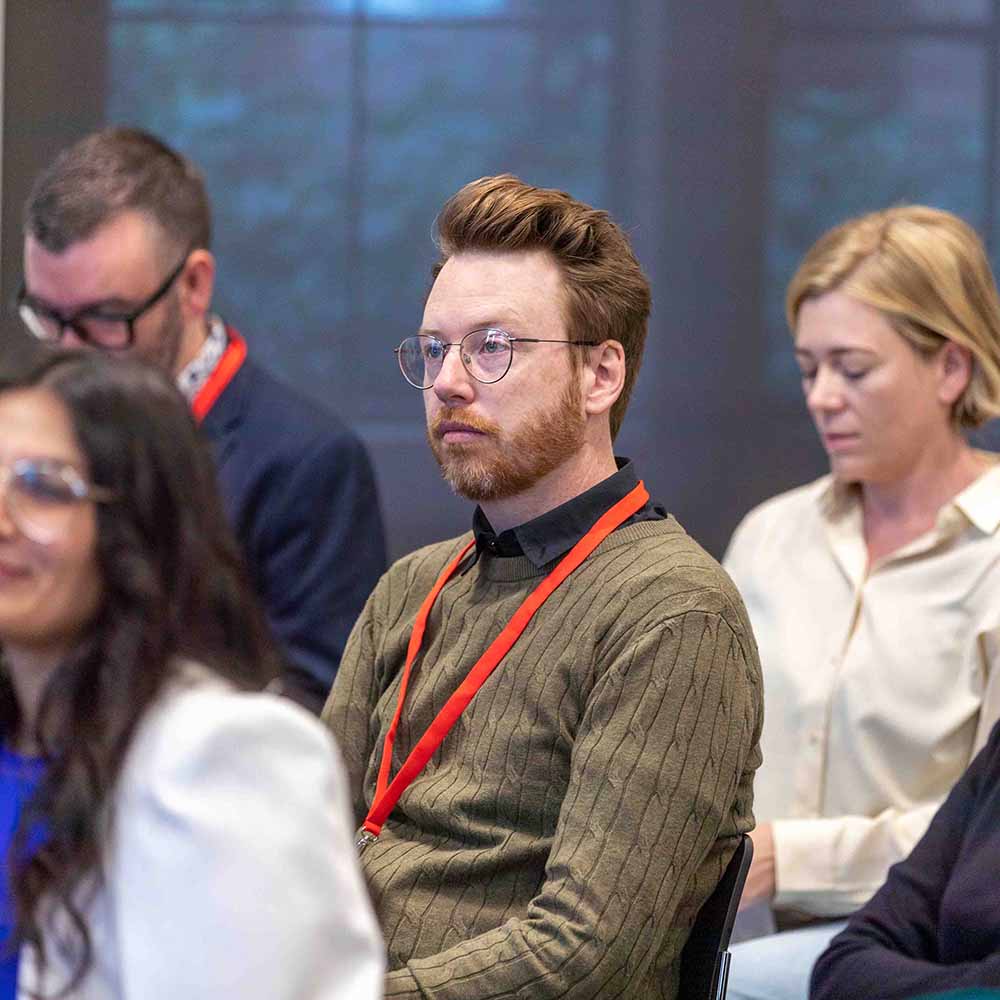
As a field, computational social science is driven by the principles of openness and research integrity – all training materials and datasets generated by the Institutes are made publicly available on the SICSS website. SICSS participants were selected, among other criteria, on the basis of their potential contribution to public goods such as creation of open-source software, public datasets, and educational opportunities for others, as well as potential to spread computational social science to new domains and intellectual communities. SICSS also hosted a SICSS Festival that features public lectures from the prominent scholars in the field.
Summary of activities
See SICSS schedule https://sicss.io/2022/sydney/schedule
SICSS involved three types of activities:
— Regular programming activities and interactive sessions
— SICSS festival events (open to the public)
— SICSS symposium
SICSS Festival was a collection of 7 workshops and events. The virtual workshops aimed to equip participants with crucial skills, from collecting and managing research data, to analysing it using various techniques and research approaches. Suhem Parack from Twitter presented examples of research projects that have successfully used Twitter data and then walked participants through the process of data collection and curation depending on the research question. Simon Musgrave from the Australian Research Data Commons explained the importance of data management practices and considered their implications on research projects.
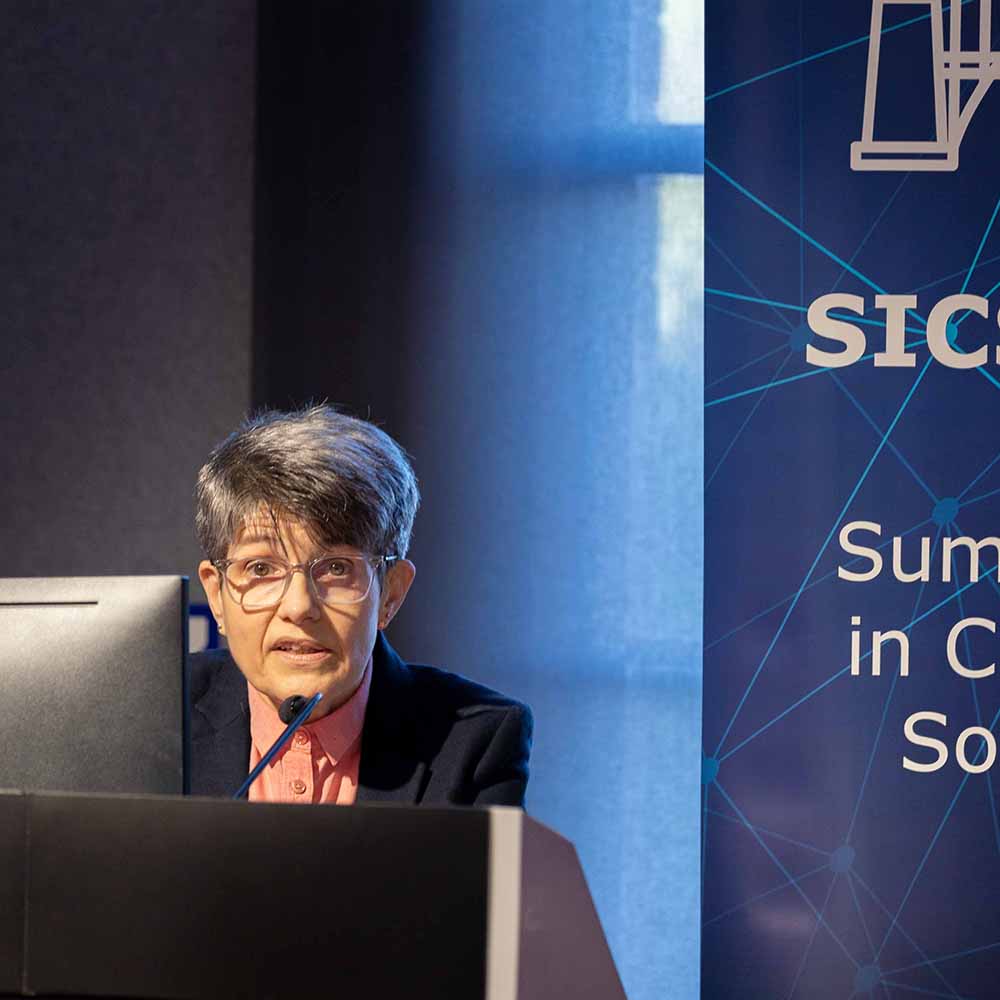
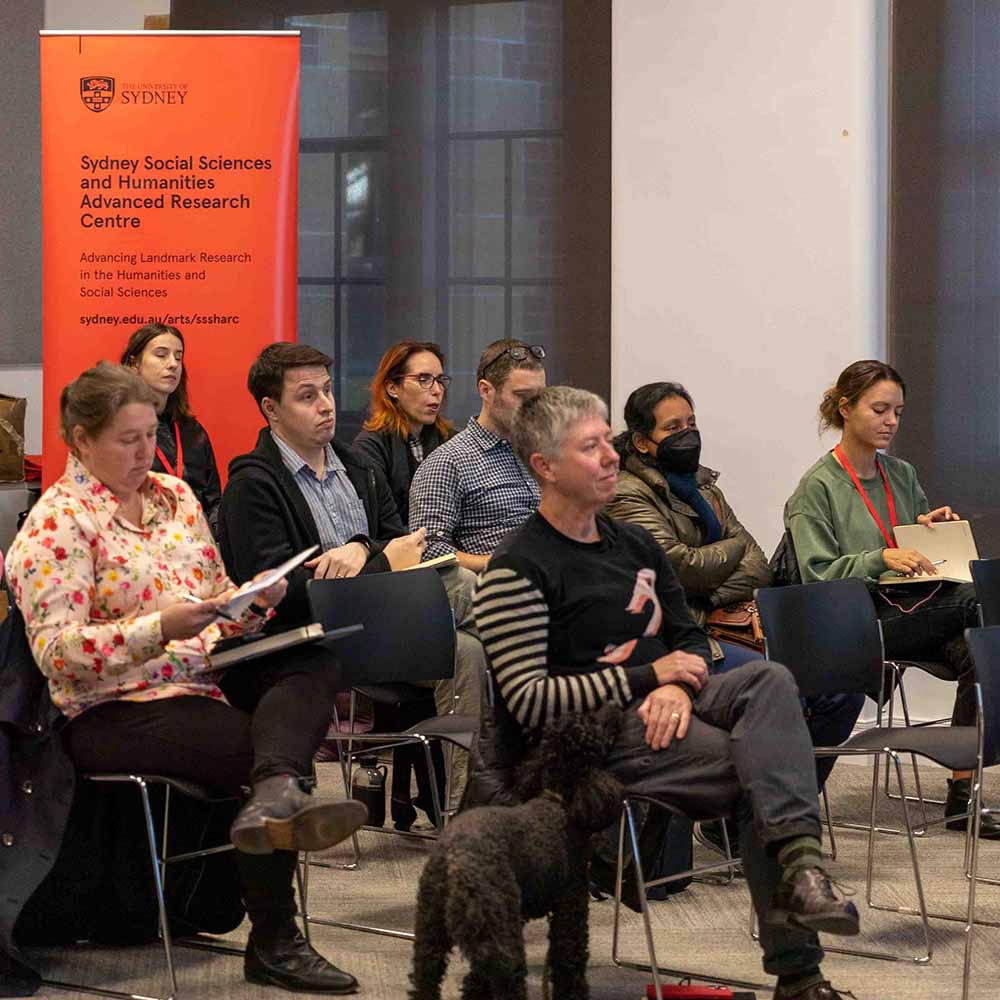
Transitioning to methods, Marian-Andrei Rizoiu from the University of Technology Sydney introduced social science approaches that combine qualitative analysis with state-of-the-art machine learning. Timothy Graham from the Queensland University of Technology trained participants in network analysis, demonstrating how to use a cutting-edge open source toolkit to uncover influence operations and conduct forensic analysis of the actors involved in them. Moving on from the study of text to the study of images, Daniel Angus from the Queensland University of Technology presented machine learning approaches used to analyse large image collections from social media platforms such as Facebook and Instagram.
Finally, Jason Thompson from the University of Melbourne presented examples of research projects that have successfully used agent-based models, and encouraged participants to consider how they can “agentise” their own research drawing on digital trace data from a variety of sources. The SICSS Festival also featured an Australian premiere of the Science of Success – a documentary by an Australian filmmaker Annamária Tálas. The film documents profound moments of discovery enabled by computational social science. The screening was open for viewing by the community in Sydney and greater New South Wales at no cost and featured a Q&A with Annamária Tálas.
